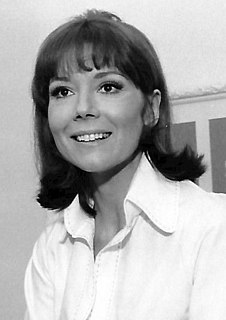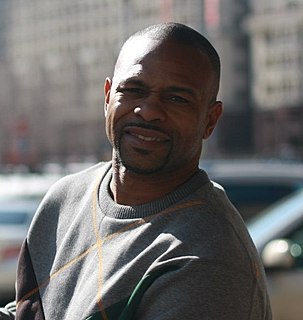A Quote by Alice Walker
Critics don't really affect the fact that we live in this paradise and what the meaning of that [is]. And what luck to have this!
Related Quotes
A fact was the hard outer cover of meaning, and meaning was the soft living stuff inside a fact. Fact and meaning were the driving cogs of living. If the gear of fact drove the gear of meaning, then they revolved in opposite directions, but put the gear of fantasy between the two and they both revolved in the same direction. Fantasy was and is important; it leads to heaven knows where, but follow it and see. Sometimes it pays off.
So it sort of dawned on me that you have to build into your work the fact that it's going to be shown in different kinds of places and different kinds of light. And the fact that the surroundings and where you're going to be shown is always changing, so that should really not affect the meaning of the work. It should be part of what the work is about.
Expulsion from Paradise is in its main aspect eternal: that is to say, although expulsion from Paradise is final, and life in theworld unavoidable, the eternity of the process (or, expressed in temporal terms, the eternal repetition of the process) nevertheless makes it possible not only that we might remain in Paradise permanently, but that we may in fact be there permanently, no matter whether we know it here or not.






































